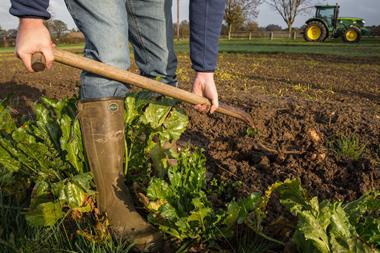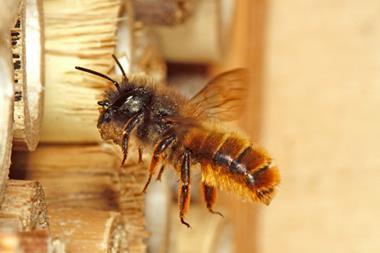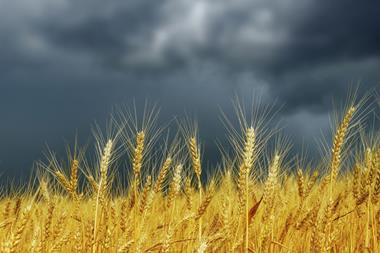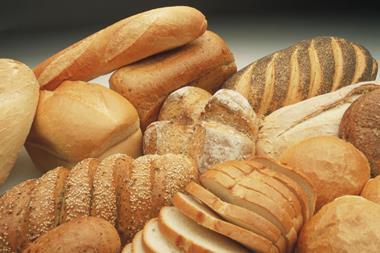You will have seen in the news this week that a report from the NFU and the Crop Protection Association has highlighted that British farm production of ‘iconic’ food such as peas, carrots and apples, is under threat from EU pesticide bans. Challenging this is Friends of the Earth which has refuted the report and described it as ‘dangerously misleading’.
We must ensure that sustainable farming and food production addresses and delivers on all three aspects of sustainability – economic, environmental and social. The very nature of being ‘sustainable’ means that food production needs to be possible over the long term; it needs to be future proof, resilient and robust.
So going back to the current debate about pesticides, I think it’s vital that we look at the whole picture – the social, economic and environmental factors of sustainability. It is important to appreciate that the UK currently has an incredibly effective pesticide registration system that forms one of our main tools in our defence against pests, diseases and the challenges that extreme weather conditions throw at us.
We are faced with the challenge of feeding a growing population and this increased requirement for food is leading to more pressure on our natural resources: soil, water and air. However, we need to remember that pesticides are not the only tool in the box and cultural, biological, thermal, and mechanical options provide valuable pest control strategies. The effective integration of these techniques will provide future-proofed pest control strategies and robust and resilient crops.
The food industry needs to work together to ensure that from the very beginning of the food chain, before the farm gate, we are utilising the best of modern technology along with traditional methods – an approach to farming called Integrated Farm Management (IFM). Many farmers have adopted, and continue to adopt IFM and I believe it is only by continuing to promote the uptake of IFM that we will be able to meet the challenge of feeding the growing population, safely and with care for the environment.
It’s also important to communicate the realities of food and farming to the consumer, and initiatives like Open Farm Sunday are an ideal way to do this. The industry needs to continually work together across the food chain from the farm gate through to the consumer.
I think it’s really important that we have a regulatory framework in place to ensure that pesticides used are safe and applied accurately and in the correct way, but as the NFU and CPA highlighted in their report, it is important that these regulations are based on risk rather than hazard. We need to work with scientists to weigh up risks and benefit so we can truly judge if the way we’re farming is sustainable. It is naïve and morally wrong to restrict the capability of our farmers to play their part in delivering sustainably produced food in the future.
So I propose when it comes to our food we think about sustainability as a whole and three pillars of economics, environment and social, rather than just one aspect alone.
Caroline Drummond MBE, chief executive of LEAF (Linking Environment And Farming)



















No comments yet